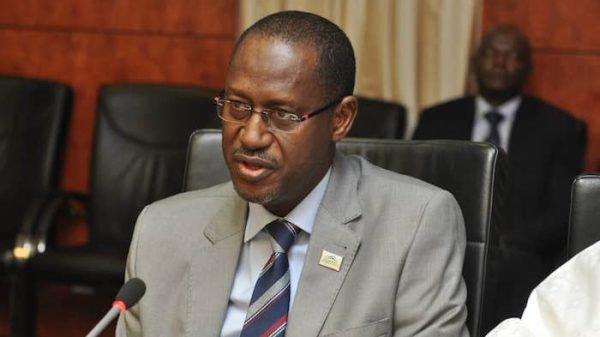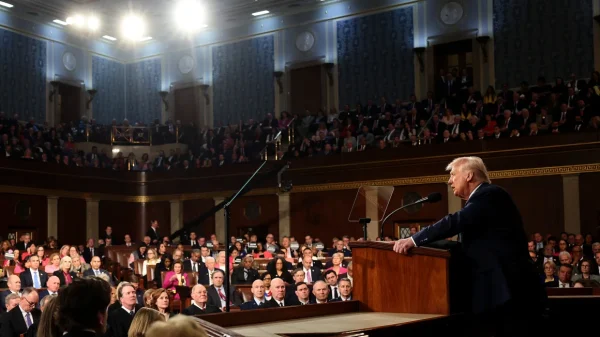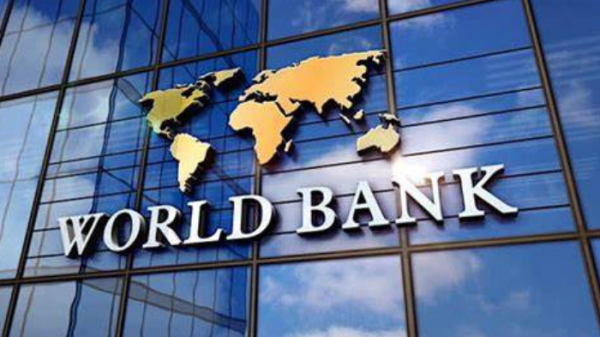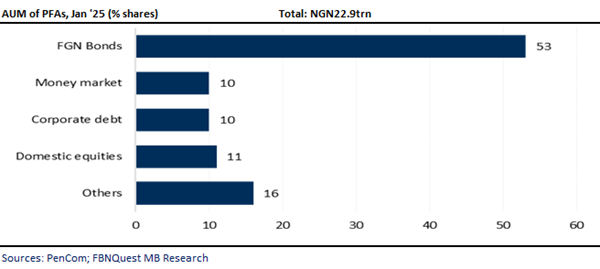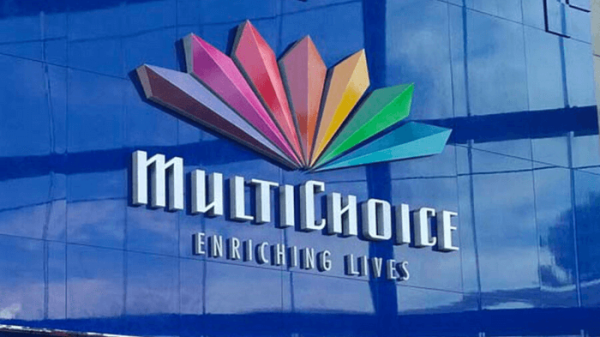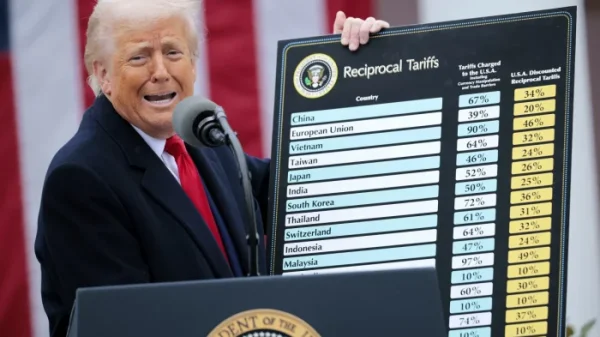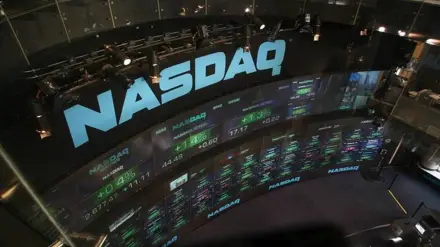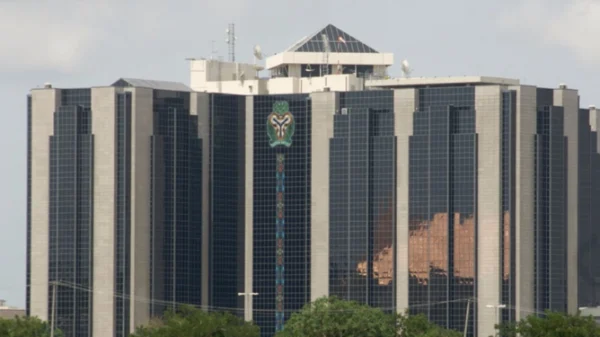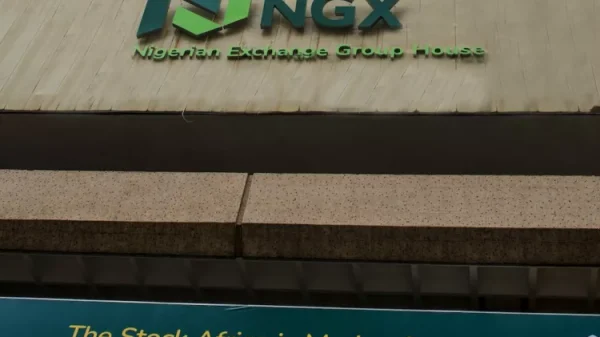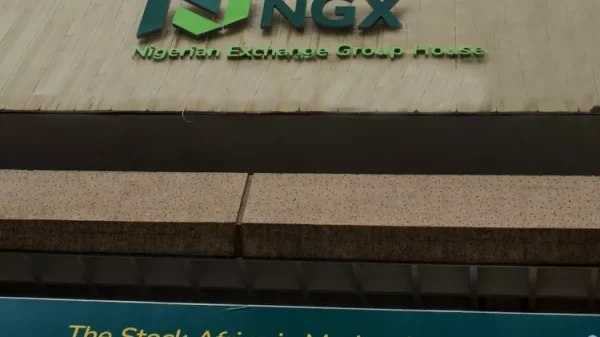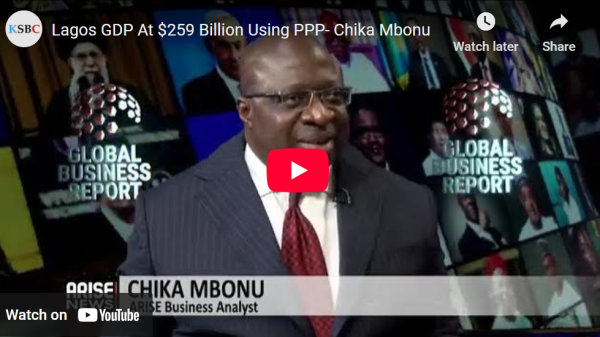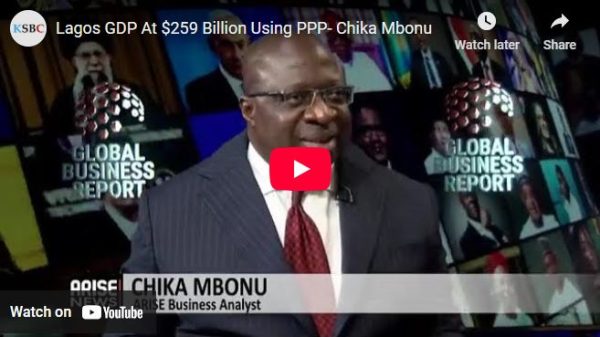In a major boost to capital market regulation in Nigeria, President Ahmed Bola Tinubu assented to the Investments and Securities Bill (ISB) 2025, which repeals the Investments and Securities Act No. 29 of 2007 and enacts the Investments and Securities Act 2025.
This landmark legislation strengthens the legal framework of the Nigerian capital market, enhances investor protection, and introduces critical reforms to promote market integrity, transparency, and sustainable growth.
The enactment of the ISA 2025 reaffirms the authority of the SEC as the apex regulatory authority of the Nigerian Capital Market as well as to regulate the market to ensure capital formation, the protection of investors, and maintenance of fair, efficient and transparent market and reduction of systemic risks.
The Act also introduces transformative provisions to further align Nigeria’s market operations with international best practice.
Speaking on key highlights of the Act,
Emomoitimi Agama, Director General, SEC said, “The Act enhances the regulatory powers of the SEC in a manner comparable with benchmark global securities regulators. These enhanced powers and functions ensure full conformity with the requirements of IOSCO’s Enhanced Multilateral Memorandum of Understanding (EMMoU), enabling the SEC retain its “Signatory A” status and enhancing the overall attractiveness of the Nigerian capital market.
Here are key highlights of the ISA 2025
The Act enhances the regulatory powers of the SEC in a manner comparable with benchmark global securities regulators. These enhanced powers and functions ensure full conformity with the requirements of IOSCO’s Enhanced Multilateral Memorandum of Understanding (EMMoU), enabling the SEC retain its “Signatory A” status and enhancing the overall attractiveness of the Nigerian capital market.
The SEC Act 2025, officially signed into law by President Bola Ahmed Tinubu, introduces transformative reforms to Nigeria’s capital markets.
Some notable provisions of the ISA 2025 include:
* Classification of Exchanges and inclusion of provisions on Financial Market Infrastructures- The Act classifies Securities Exchanges into Composite and Non-composite Exchanges. A Composite Exchange is one in which all categories of securities and products can be listed and traded, while a Non-composite Exchange focuses on a singular type of security or product. There are also new provisions on Financial Market Infrastructures such as Central Counter Parties, Clearing Houses and Trade Depositories.
* Expansion of the definition and Understanding of Securities – The Act explicitly recognises virtual/digital assets and investment contracts as securities and brings Virtual Asset Service Providers (VASPs), Digital Asset Operators (DAOPs) and Digital Asset Exchanges under the SEC’s regulatory purview.
* Comprehensive Insolvency Provisions for Financial Market Infrastructures – The Act introduces provisions that exempt transactions facilitated through or otherwise involving Financial Market Infrastructures from the application of general insolvency laws.
* Management of Systemic Risk – The Act introduces provisions for the monitoring, management and mitigation of systemic risk in the Nigerian capital market.
* Expansion of the Category of Issuers to the Public- The Act expands the categories of issuers, as a key step towards the introduction of a wide range of innovative products and offerings as well as the facilitation of “commercial and investment business activities”, subject to the approval of the Commission and other controls stipulated in the Act.
* Legal Framework for Commodities Exchanges – The Act contains a new Part which provides for the regulation of Commodities Exchanges and Warehouse Receipts. These provisions are essential to allow for the development of the entire gamut of the Commodities ecosystem.
* Issuance of Securities by Sub-Nationals and their Agencies- Salient provisions of the Act address existing restrictions in respect of raising of funds from the capital market by Sub-Nationals to allow for greater flexibility in this regard. State and local governments can now raise funds through the capital markets for public projects like infrastructure or healthcare. This reduces their reliance on federal allocations or debt, fostering economic development at sub-national levels while increasing transparency in fund utilization.
* Transparency in Securities Transactions – The Act introduces the mandatory use of Legal Entity Identifiers (LEIs) by participants in capital market transactions. This stipulation is designed to improve transparency in the conduct of securities transactions.
* Enforcement Against Illegal Investment Schemes – The Act expressly prohibits Ponzi Schemes and other unlawful investment schemes, while prescribing stringent jail terms and other sanctions for the promoters of such schemes.
* Strengthening the Investments and Securities Tribunal- The Act amends some key provisions in the repealed ISA 2007 pertaining to the Composition of the Tribunal, constitution of the Tribunal, qualification and appointment of the Chief Registrar as well as the jurisdiction of the Tribunal to enhance the ability of the Tribunal to optimally discharge its mandate.
* Digital Asset Recognition: For the first time, virtual assets (e.g., cryptocurrencies) are officially recognized as securities. This means businesses dealing in digital assets must register with the SEC and comply with its guidelines. This step aims to curb fraudulent activities in the digital space while fostering trust and innovation in blockchain technologies.
* Enhanced Regulatory Powers: The Act grants the Securities and Exchange Commission (SEC) broader authority to oversee Nigeria’s capital markets. This includes improved tools for enforcement, which help tackle violations like insider trading, market manipulation, and fraudulent schemes. With these enhanced powers, the SEC can maintain a more transparent and secure market environment.
* Investor Protection: The Act introduces tougher penalties for Ponzi schemes and other fraudulent activities. This measure is designed to deter bad actors and protect the public from financial loss. Enhanced legal recourse for defrauded investors also aims to rebuild trust in the capital markets.
Overall, these reforms represent a significant modernization of Nigeria’s financial systems, balancing innovation with security.
The enhanced regulatory powers granted to the Securities and Exchange Commission (SEC) under the SEC Act 2025 aim to strengthen its ability to oversee Nigeria’s capital markets more effectively.
Here’s a breakdown:
* Expanded Enforcement Authority: The SEC now has greater capacity to detect, investigate, and penalize violations such as insider trading, market manipulation, fraudulent schemes, and breaches of securities regulations. This ensures a fair and transparent market environment.
* Improved Monitoring and Compliance: The SEC can enforce stricter compliance measures on companies and market operators, ensuring that they adhere to the rules and standards governing the capital markets.
* Swift Response to Emerging Trends: With enhanced powers, the SEC is better equipped to address challenges posed by innovative financial products, such as cryptocurrencies and digital assets. This ensures these products are well-regulated, reducing risks for investors.
* Deterrence of Malpractices: Stronger penalties and legal frameworks for enforcement serve as a deterrent to bad actors, encouraging ethical behavior among market participants.
Overall, these regulatory enhancements aim to create a more stable and secure financial ecosystem, fostering investor confidence and supporting economic growth.
According to the SEC DG, “A vital provision in the Act is the new stipulation that the Investor Protection Fund (IPF) set up by the Securities Exchanges would compensate investors who suffer pecuniary losses arising from the revocation or cancellation of the registration of a dealing member firm.
“In the extant law, compensation from the IPF is limited to instances of “bankruptcy”, “insolvency” or other acts of “negligence” by a dealing member firm.
“This Act also contains an entirely new Part which provides for the regulation of Commodity Exchanges and Warehouse Receipts. These provisions are essential to allow for the development of the entire gamut of the Commodities ecosystem.
The SEC DG added that without doubt World class capital markets are indispensable to the functioning of a modern economy as no economy can achieve any meaningful advancement without the important role capital markets play in supplying medium to long term finance.
Tough time for Ponzi/Pyramid Schemes promoters
In a bid to ensure that illegal fund managers are not allowed to fleece unsuspecting Nigerians of their hard earned funds, Act stipulates an express prohibition of Ponzi/Pyramid Schemes and other illegal investment schemes.
The Act stipulates that promoters and operators of any entity engaged in a prohibited scheme commits an offence and is liable on conviction to a penalty of not less than N20,000,000 or imprisonment to a term of 10 years or both.
Agama lauded the President’s assent as a transformative step for the capital market saying that the ISA 2025 reflects a commitment to building a dynamic, inclusive, and resilient capital market.
“By addressing regulatory gaps and introducing forward-looking provisions, the new Act empowers the SEC to foster innovation, protect investors more efficiently and reposition Nigeria as a competitive destination for local and foreign investments. We commend all stakeholders within and outside the capital market community for their unwavering solidarity towards the achievement of this historic milestone and solicit their continued collaboration in respect of the effective implementation of the ISA 2025 for the benefit of our economy.”
“The SEC extends its profound appreciation to the National Assembly for its patriotism and dedication in enacting this new legal framework for the Nigerian capital market. The meticulous deliberations, extensive stakeholder engagements, and bi-partisan support demonstrated throughout the legislative process highlight the National Assembly’s resolve to foster economic growth and enhance investor confidence.
“We also commend the Honourable Minister of Finance and Coordinating Minister of the Economy of Nigeria as well as the Minister of State for Finance for their invaluable contributions to the realisation of this groundbreaking project. Their strategic guidance, policy expertise, and steadfast support have ensured that the ISA 2025 aligns with Nigeria’s broader economic objectives”.




